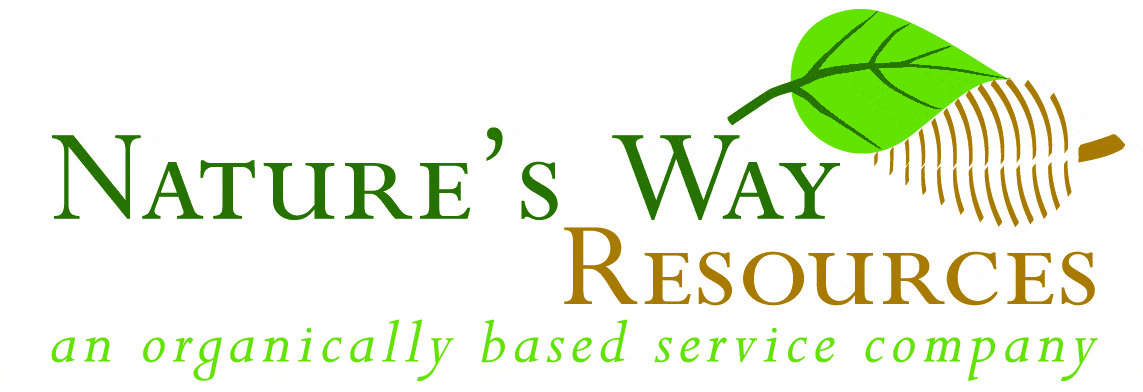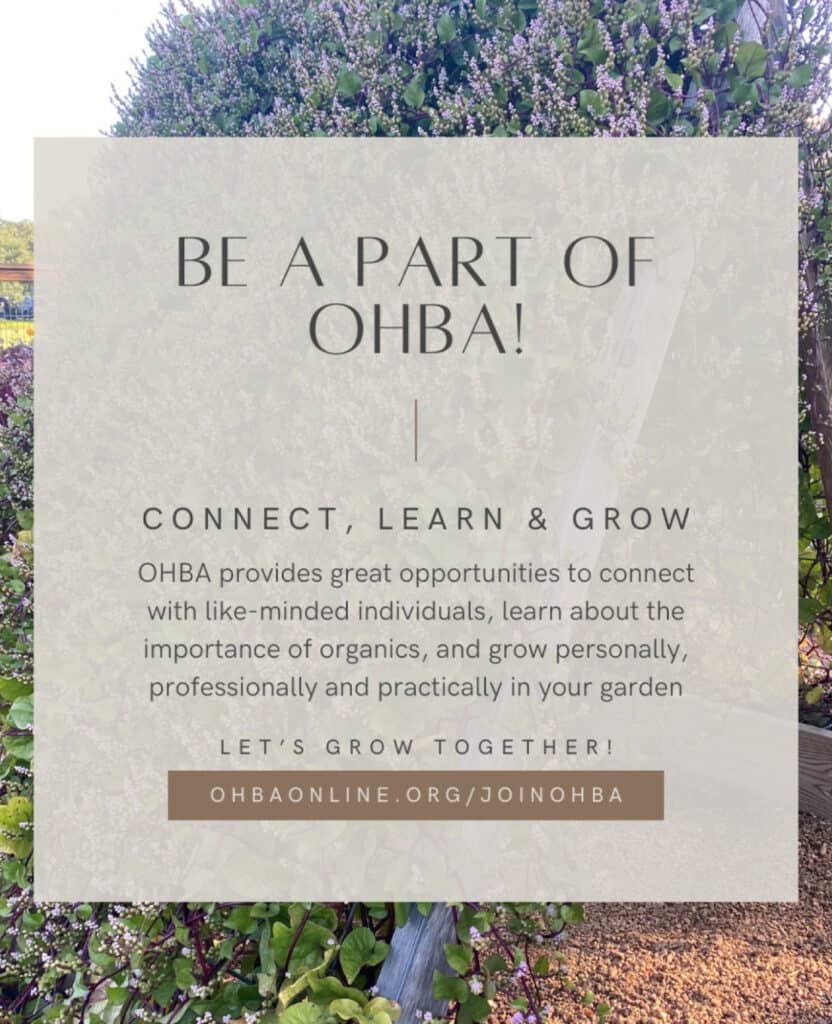John's Corner:
Soil & Plants (Part 101)
News from the Wonderful World of Soil & plants 101
By: John Ferguson
One of the reasons vegetable gardening has exploded over the last few years is the extremely poor quality of our food supply. There are many reasons for this, destroying our soils with toxic chemicals, developing high yielding but nutrient poor crops (e.g. hybrids, GMO’s), not replacing trace elements and micronutrients as they are depleted (lack of remineralization), destroying the organic matter and destroying life in the soil (e.g. tillage), etc.
For example, Broccoli in 1950, the varieties had 13mg/g of calcium versus 4.4 mg/g today. We have to eat 3 ears of corn to provide the same nutrition as just a few decades ago and today most corn is GMO varieties with higher levels of toxics on them.
The same thing has happened in common foods like milk as has happened agriculture and horticulture (corruption and greed). We know now that raw milk from organic grass-fed cows provides many health benefits.
After reading the article below I was amazed that raw milk is sold in Europe in vending machines. The Dr. Mercola newsletter has a very good article on how our food supply has been corrupted.
A term that is starting to be banded about is the food-water-energy nexus . In the Crop Science Society newsletter (November 2019) there is an interesting article on this subject. Global warming is a major problem for all life on Earth due to greenhouse
gasses like carbon dioxide (CO 2 ). For example, in the mid-west using toxic chemicals to grow corn and soybeans causes the loss of 1,000 pounds of carbon per acre of land per year!
The loss of carbon (think organic matter) along with the depletion of nutrients (especially trace and micro nutrients). The resource base is the soil that is being steadily destroyed. It has become more fragile and extremely sensitive to heavy rains (erosion and flooding) and droughts that are becoming the new normal. This fragile soil is actually just dirt as it has no structural stability, it is more compacted, low in oxygen, etc. Almost daily I have someone come into the office with these same problems in their yard and garden.
As a result, the Intergovernmental Panel on Climate Change has stated that land degradation is one of the biggest and most important changes that humanity faces.
So, what can an average gardener do?
- Use modern methods based on soil biology called “organic”.
- Do not till as it destroys soil.
- Use diverse plantings of many different species of plants.
- Increase the organic matter (good compost, aged native mulches, etc.)
- Only use good quality organic fertilizers.
- As a consumer, only purchase organic foods (especially from farmers markets)
- As a consumer look for environmentally friendly products
We, as consumers, have to decide, do we want to part of the problem, or part of the solution.
Comment: I suspect if one had to pay for all the health problems caused by toxic chemical rescue agriculture from pesticides and herbicides, poor nutritional content, GMO damage, hormone disruption, erosion, greenhouse gasses, dead zones in the ocean, water pollution, and other environmental damages . . . the true cost of one hamburger at a fast food joint would be over $1,000. If as a people we would clean up the environment and our food supply, we as a society would not need things like mandatory healthcare and high taxes, saving every homeowner tens of thousands of dollars every year in hidden expenses.
As I researched various articles for today’s column, I remembered this book by David Montgomery, PhD on how every civilization in history failed because they did not take care of their soil. ISBN-13: 978-0520272903
A new study confirms the benefits of gardening. The study has found that people living near green spaces are at much lower risk of metabolic syndrome, especially for middle aged and older adults (Barcelona Institute for Global Health, Journal of Environmental Pollution 2019).
Metabolic syndrome is a collection of conditions that occur together and include obesity, hypertension, high blood sugar levels, abnormal fat levels, non-communicable diseases like heart attacks, stokes, and diabetes.
This study confirms many other studies that exposure to green space can play a major role in preventing metabolic syndrome. The study also found that exposure to areas with more trees provided the most benefits.
One of my favorite herbs is Salvia rosmarinus commonly known as rosemary. This is a woody, perennial herb, with fragrant, evergreen needle-like leaves and white, pink, purple, or blue flowers, that is native to the Mediterranean region. Until 2017 when it was reclassified, it was known by the scientific name Rosmarinus officinalis, but is now a synonym. Rosemary is heat and drought tolerant and its flowers are loved by many pollinators.
Most of us know rosemary for its use as a flavoring for our food. What is more impressive is it health benefits which qualify it as a super food since it is full of polyphenols, flavonoids, and terpenes. Historically, rosemary was used for boosting the immunes system, helping the circulatory system, improving memory, and promoting hair growth.
Modern science has found that it provides benefits for brain health, eye health, diabetes protection, and much more. Rosemary contains rosmarinic acid and carnosic acid that have been show to protect brain cells from free radical damage. It has been shown to help reduce damage from strokes and help in recovery. It has also been found to help reduce age related macular degeneration. Additionally, it has been found to help with type 2 diabetes.
So, let’s add rosemary to our gardens and enjoy it in our soups, stews, and sauces. Or as Life Extension suggests for an extra health boost, mix it into extra virgin olive oil and using it on a salad or over roasted vegetables.
What more can a gardener ask for in a plant as it is beautiful, pest free, drought tolerant, grows in any well drained soil, likes neglect, the flowers are loved by pollinators, it smells good, and it is delicious.

